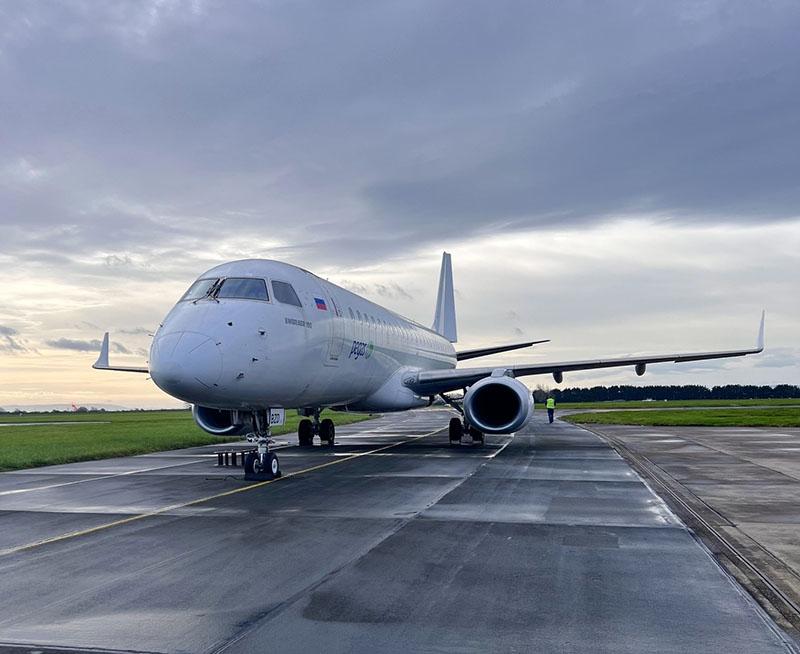
The arrival of an Embraer 190 at the ecube disassembly site in St Athan, Wales, last month was the latest in a steady trickle of E-Jets that end their lives by ‘donating’ their components to their sister-ships that remain in service.
The E-Jet range is thought of as a relatively modern type, but its earliest members made their first revenue flights 20 years ago this month. And, as has been shown with several aircraft types in recent years, examples less than half as old have found themselves making their final flights into disassembly specialists’ airfields.
“We started tearing down E-Jets in 2016 and we’ve probably done about 15 now,” asset management and logistics solutions provider, Werner Aero Services’ president and CEO, Mike Cazaz said.
Even if an aircraft is only in young middle-age, it can face an untimely end if circumstances conspire against it.
“When we started tearing them down, I think the first one was nine years old,” Cazaz said. Why so young? “Simply because the owners [a lessor] had to make a decision whether to reinvest to put it back into service or sell it for tear-down. Sometimes, investment is prohibitive.
“In our case, the first two were tear-downs as a result of a bankruptcy. The owner pulled them back and decided it wasn’t worth the investment.
“Plus, in the operating environment of two years ago, when interest rates were so low, everyone wanted new aircraft and didn’t want to look at used ones.
Currently, Cazaz said, demand for spares and components remains very high, through the combination of the airline manufacturing industry’s well-documented supply chain problems and the ongoing technical difficulties with several new-generation powerplants.
In those circumstances, many airlines are running on their existing aircraft longer than originally
intended and so require more spares to keep them operational.
Cazaz believes that the supply chain problems will require up to 18 months to fix, while the engine glitches are likely to require even longer. That will keep demand high for spares harvested from torn-down aircraft.
E-Jets are valuable sources of spares, given that the the type is still being delivered, meaning that spares will be required for years to come.
Companies such as Werner Aero retain relationships with leasing companies and know when aircraft are scheduled to come off-lease – and potentially become available for tear-down.
Additionally, Werner Aero itself proactively watches out for suitable targets: “
“We’re actively looking for aircraft,” Cazaz said. “We know every aircraft, pretty much, and know what the plan for every aircraft is.”





